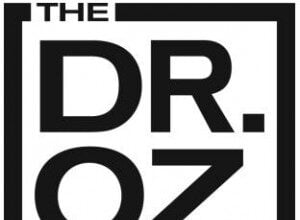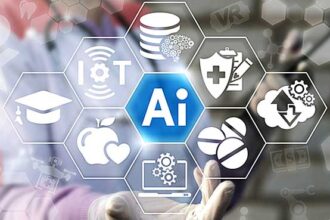In today’s rapidly evolving world, the intersection of science and technology is redefining the boundaries of human health and longevity. Groundbreaking advancements in biotechnology, genetics, and digital health stand at the forefront of this era, promising a future where extending human life is not just a possibility, but a reality.
As we delve into the latest research and innovations shaping our health’s future, one platform stands out in its commitment to bringing these advancements to the forefront: moleqlar.com. This article explores how these developments promise to transform our lives, offering insights into living longer, healthier lives.
Revolutionary Breakthroughs in Health Research
The quest for longevity has led scientists and researchers down various paths, from decoding the human genome to manipulating the very building blocks of life. At the core of this exploration is stem cell research, offering unprecedented opportunities for regenerating damaged tissues and organs, and genetic editing techniques like CRISPR-Cas9, which have opened new doors for preventing hereditary diseases and potentially extending human lifespans significantly.
“At the heart of longevity research lies a promise: to extend life beyond conventional limits, challenging what it means to age.”
This profound statement underscores the transformative impact of modern scientific endeavors on our understanding of aging, reflecting a shift from merely treating age-related diseases to fundamentally altering the aging process itself.
Innovations in biogerontology, studying the molecular and cellular mechanisms of aging, such as senolytic drugs that selectively eliminate senescent cells, are showing promise in extending healthy lifespans. These developments mark a pivotal shift in how we approach the science of aging, moving toward a future where the quality of life is as important as its duration.
The Role of Technology in Personal Health Management
The digital revolution has profoundly transformed our approach to health management. Wearable devices and health apps now offer an unprecedented level of personal insight, enabling individuals to monitor their health in real-time. This shift towards proactive health management allows for the early detection of potential health issues and the customization of personal health interventions, significantly contributing to longevity.
Artificial intelligence (AI) represents another transformative force in healthcare. By analyzing vast amounts of health data, AI algorithms can improve diagnostic accuracy, predict health outcomes, and personalize treatment plans. This integration of AI into healthcare enhances medical services’ efficiency and democratizes access to quality health information, making it a cornerstone of modern health management practices.
However, the adoption of technology in health management raises crucial considerations regarding privacy and data security. The ethical handling and protection of personal health data are paramount, requiring robust measures to ensure privacy and responsible use of information.
Lifestyle Changes and Longevity: What You Can Do Today
While the scientific community continues to explore groundbreaking solutions for extending life, there are practical steps we can take today to enhance our longevity. Research has consistently shown that diet, exercise, and lifestyle adjustments play a significant role in extending our lifespan.
- Diet: Incorporating a balanced diet rich in fruits, vegetables, whole grains, and lean proteins can reduce the risk of chronic diseases and support a longer, healthier life.
- Exercise: Regular physical activity, whether it’s brisk walking, cycling, or swimming, has been linked to numerous health benefits, including increased lifespan.
- Stress management: Practices such as meditation, yoga, and mindful breathing can help manage stress, which is known to have adverse effects on health and longevity.
The Impact of Diet on Lifespan: From Theory to Practice
The saying “You are what you eat” holds significant truth when it comes to longevity. Nutritional science has provided us with a clear understanding of how our diet affects our lifespan, highlighting the importance of nutritional choices in achieving a longer life. Studies have identified specific diets and foods, such as the Mediterranean diet, known for their positive impact on health and longevity. This section would delve into how incorporating certain foods and supplements can support longevity goals, providing practical advice for dietary adjustments.
Integrating Longevity Practices into Everyday Life
Adopting a longevity-focused lifestyle involves more than understanding the latest scientific research and technological advancements; it requires integrating this knowledge into our daily routines. This final section offers practical tips for applying the insights gained from the article, such as setting achievable health goals, creating a supportive environment, and making informed choices about health management technologies and lifestyle practices. By doing so, individuals can take proactive steps towards living longer, healthier lives.
In conclusion, the intersection of science, technology, and lifestyle changes offers a promising path to extending our lifespan and improving the quality of our health. By embracing these advancements and making conscious choices about our health management, we can look forward to a future where longevity is not just a possibility but a reality for many.









